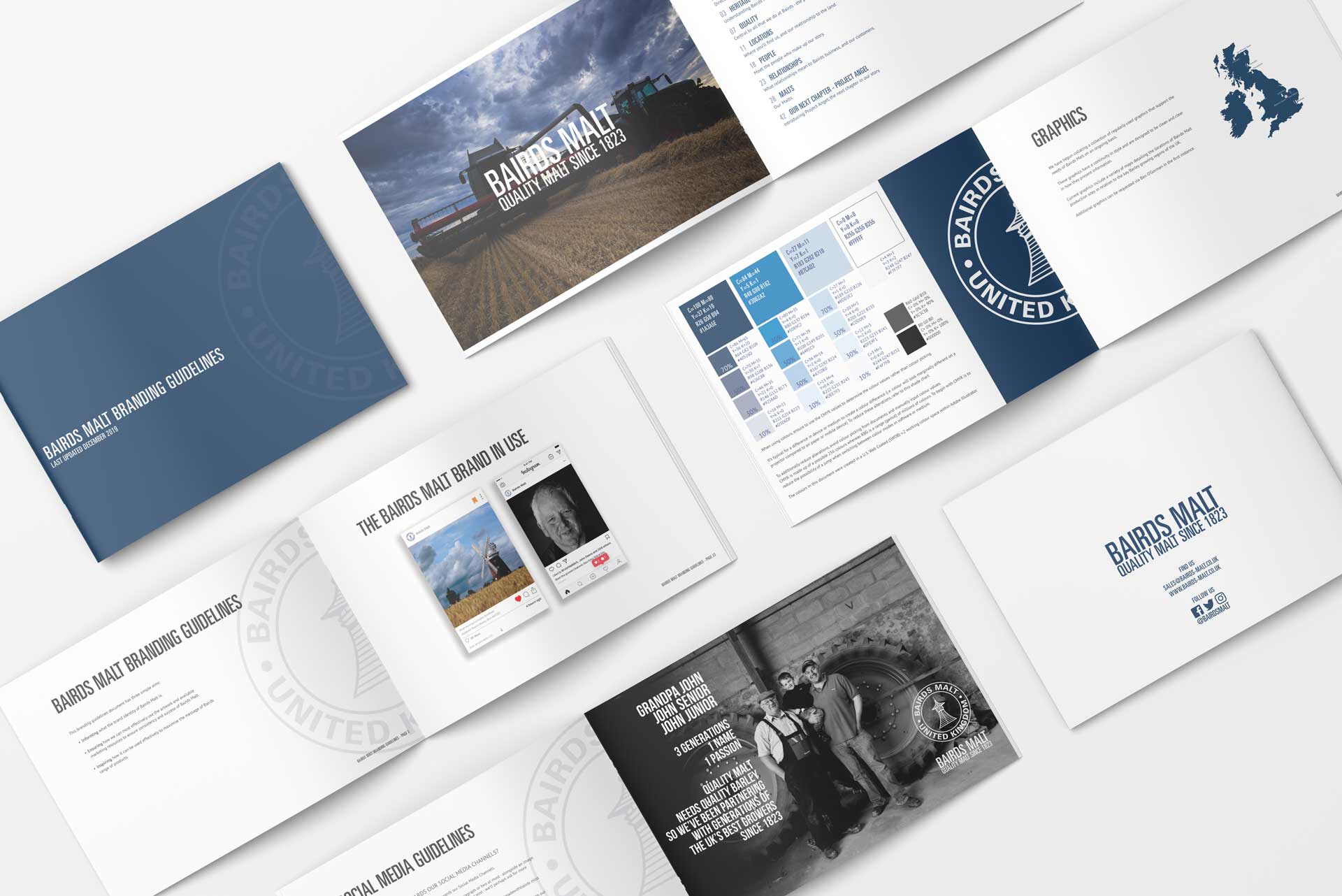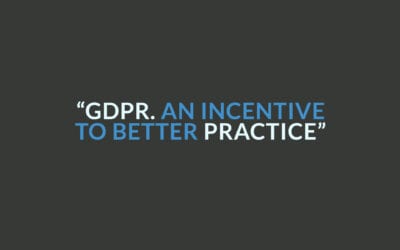An introduction to web hosting.
Your webhost is a company that ‘host’ your website. Think of them like a waiter who is serving tables in a restaurant. Essentially they are responsible for serving the files that make up your website each time somebody comes looking for them. A great waiter will take care of all your needs quickly, and will likely know your needs before you ask. A waiter in a less impressive restaurant can take a while longer, perhaps because his ability is not so good, or perhaps because he’s busy trying to please lots of people. Which would you rather?
There are a lot of hosting companies out there – and many will offer lots of similar services, such as taking care of your hosting, domain name registration and e-mails. There are reasons for not choosing to do that, which we’d be best to explain in person.
As we build most of our sites in WordPress we typically recommend a host that specialises in WordPress hosting, normally Siteground, Flywheel or WP Engine.
So what does a web host actually do?
At a base level, your web host provides the files that make up your website each time that a visitor comes looking for them.
A good web host will provide a variety of other services that help to make your website better such as providing improvements in functionality, security and website backups.
Regardless of whether you are managing your website yourself, or if you have a maintenance plan with a web provider – a good host is a critical first step in ensuring you have a good website.
Why does pricing vary so much?
That old truth – you get what you pay for!
A lot of web hosting companies will offer a service that seems cheap – this is because they are using a shared host service where lots and lots of websites are sharing the same resources. For some very small websites that may not be noticeable, but for most websites it will mean a lower quality service.
Websites on shared server spaces are also more likely to suffer from the knock-on effect of bad practices from other websites who share the same server space. If a user on a shared system is found to be getting up to no good (think dodgy security and e-mail spam) then your shared service is likely to be flagged. You won’t be guilty of the mis-deeds, but you will suffer the consequences.
Most hosts will offer a shared hosting plan of sorts, and that doesn’t necessarily mean that they are all bad. It’s just worth knowing that you have a reputable host.
Should my host include e-mail?
In a word, no. Many hosting companies will offer you email on your web hosting account, but we wouldn’t recommend it. A separate email host should be able to offer a better quality product – we’d normally recommend Gsuite from Google.
As different email hosts filter email differently, and as each host sets their own parameters for marking (and blocking) spam – it’s worth having a solid email service that you can depend on. There are other reasons for separating your email and web hosting, we’d be happy to cover them over a coffee.
Which web hosting companies should I use?
If you enter that question into Google, you’ll get a lot of results – all saying different things!
Our answer is based on experience of using each of the services of the companies we do recommend – in addition to having experience of the companies we don’t recommend. There are other options available, but these are the ones that we have most experience with.
There are web hosts that we used to use, but don’t anymore. We’ve found their service to be targeted to the masses and dependant on trying to sell you a range of services that you don’t need.
As we work nearly exclusively with WordPress for our web projects, our recommendations for webhosting are companies that specialise in hosting WordPress websites.
Siteground, Flywheel and WP Engine are our go-to hosts. Depending on the needs of each site we would recommend one of the three – but we have confidence in the great experience of using each of them.






